From January 1st 2021, EU citizens will need a visa to move to the UK to work in the vet industry. Here’s everything you need to know about Britain’s new points-based immigration system.
Vets, vet nurses and practice managers count as ‘skilled workers’ and can apply for a Skilled Worker Visa. To qualify, you’ll need to meet the following requirements:
- A job offer from a UK employer approved by the Home Office (most larger companies are).
- A ‘certificate of sponsorship’ from your employer with details of the job.
- A minimum salary, which will depend on the type of work.
Salary requirements
Your salary must generally be at least £25,600 per year or the ‘going rate’ for your job, whichever is higher. Veterinary surgeons in particular need to watch out for this, as the ‘going rate’ is likely to be higher.
In some circumstances, you can be paid less, depending on factors like your age, qualifications, and whether your role is a ‘shortage occupation’ – which veterinary jobs currently are. Do make sure you check the specific requirements before applying.
The UK Government website details the current going rates for different vet roles, including:
- Veterinary Practice Managers: £25,500
- Veterinarians, Veterinary Practitioners and Veterinary Surgeons: £32,500
- Veterinary Nurses: £16,900
How to apply for a visa
You can apply for a skilled worker visa online, and you may be able to pay online too. Application fees will depend on how long you plan to stay in the UK and whether your role is in shortage. You’ll also need to pay an annual healthcare surcharge and be able to prove you can support yourself while in the UK. Some practices will be willing to certify that they will support you by filling in the ‘sponsor certifies maintenance’ section on your sponsorship certificate.
The points-based immigration system
EU nationals looking to work in the UK now must score at least 70 points by meeting certain criteria. Some criteria are tradeable, meaning that if you don’t meet one, you can make up for it by scoring extra points in another area. However, some are not tradeable, meaning you have to meet these criteria.
- Job offer (not tradeable): 20 points
- Skill level RQF 3 (A-Level equivalent) or above (not tradeable): 20 points
- Speaks English (not tradeable): 10 points
- Shortage occupation (tradeable): 20 points
- Education (tradeable):
- PhD: 10 points
- PhD in a STEM subject relevant to the job: 20 points
- Salary (tradeable):
- £20,480 (minimum)–£23,039: 0 points
- £23,040–£25,599: 10 points
- £25,600+: 20 points
For example, let’s say you’re a vet nurse. You have a job offer (20) and the required skill level (20), you speak English (10), and you’re in a shortage occupation (20), so you’ll score 70 points. That means your education and salary don’t need to score any points – but your salary still needs to meet the minimum of £20,480.
While this may sound complex, it’s well worth making the effort to jump through these new hoops. Veterinary professionals are very much needed in the UK – and working abroad is a great experience that will help you grow both personally and professionally.
We have helped numerous veterinary professionals successfully move to the UK from all over the world. If you have been considering moving to the UK and would like some professional assistance and advice, do not hesitate to contact us.








